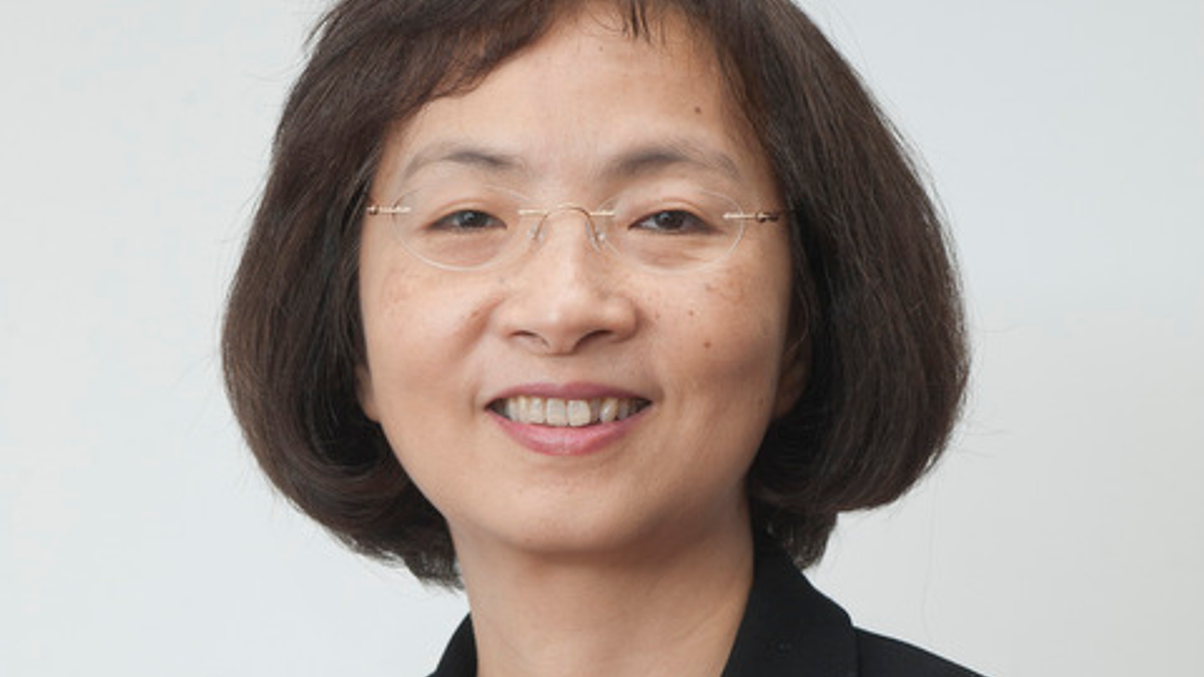Taiwan regulator “cautious” on mutual recognition
Rosemary Wang of Taiwan's Financial Supervisory Commission discusses investment links between China and Taiwan, developing an online fund platform and regulating fee payments.

Taiwan's Financial Services Commission is seeking to both build up the domestic asset management industry and encourage foreign investment. In the second of three extracts from an interview, Rosemary Wang, deputy director-general in the regulator's securities and futures bureau, spoke to Christina Wang about the development of a local online fund platform and the potential for mutual recognition between China and Taiwan, among other things.
Sign in to read on!
Registered users get 2 free articles in 30 days.
Subscribers have full unlimited access to AsianInvestor
Not signed up? New users get 2 free articles per month, plus a 7-day unlimited free trial.
¬ Haymarket Media Limited. All rights reserved.


